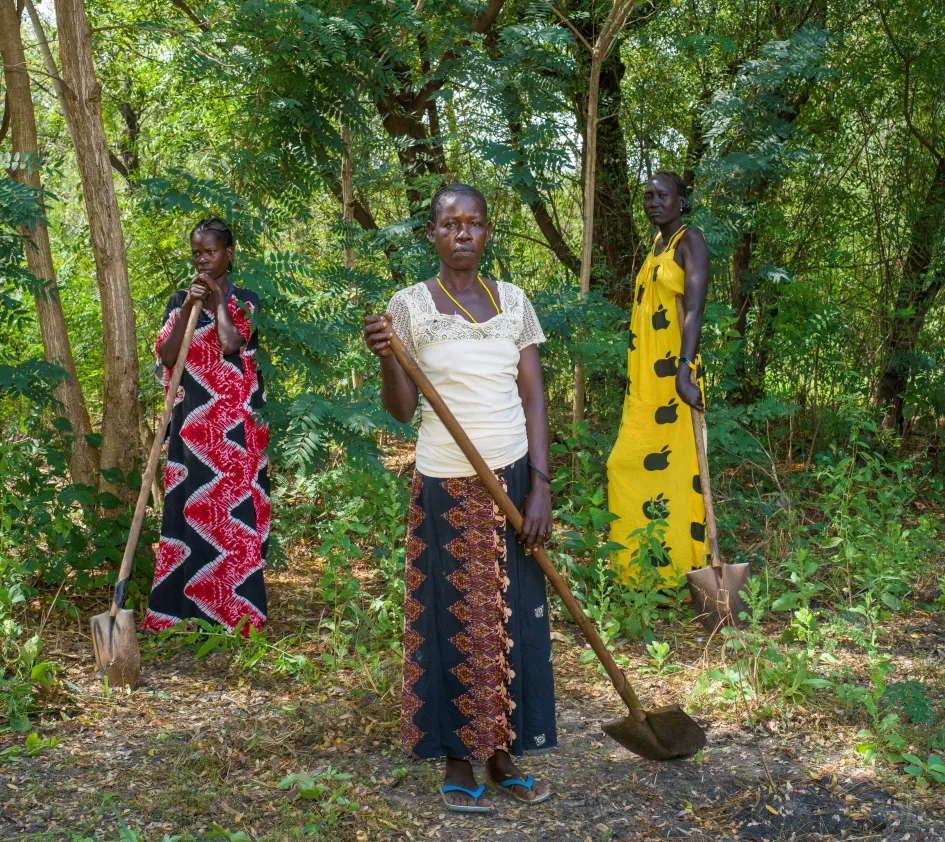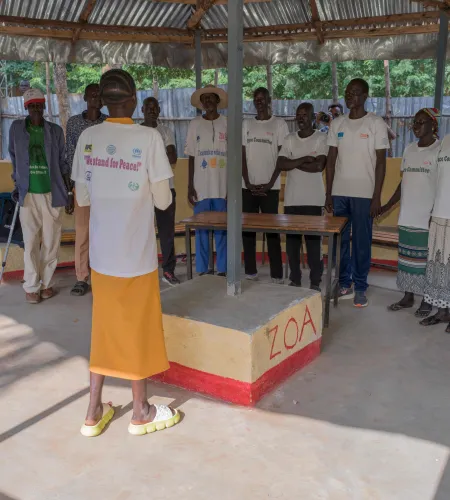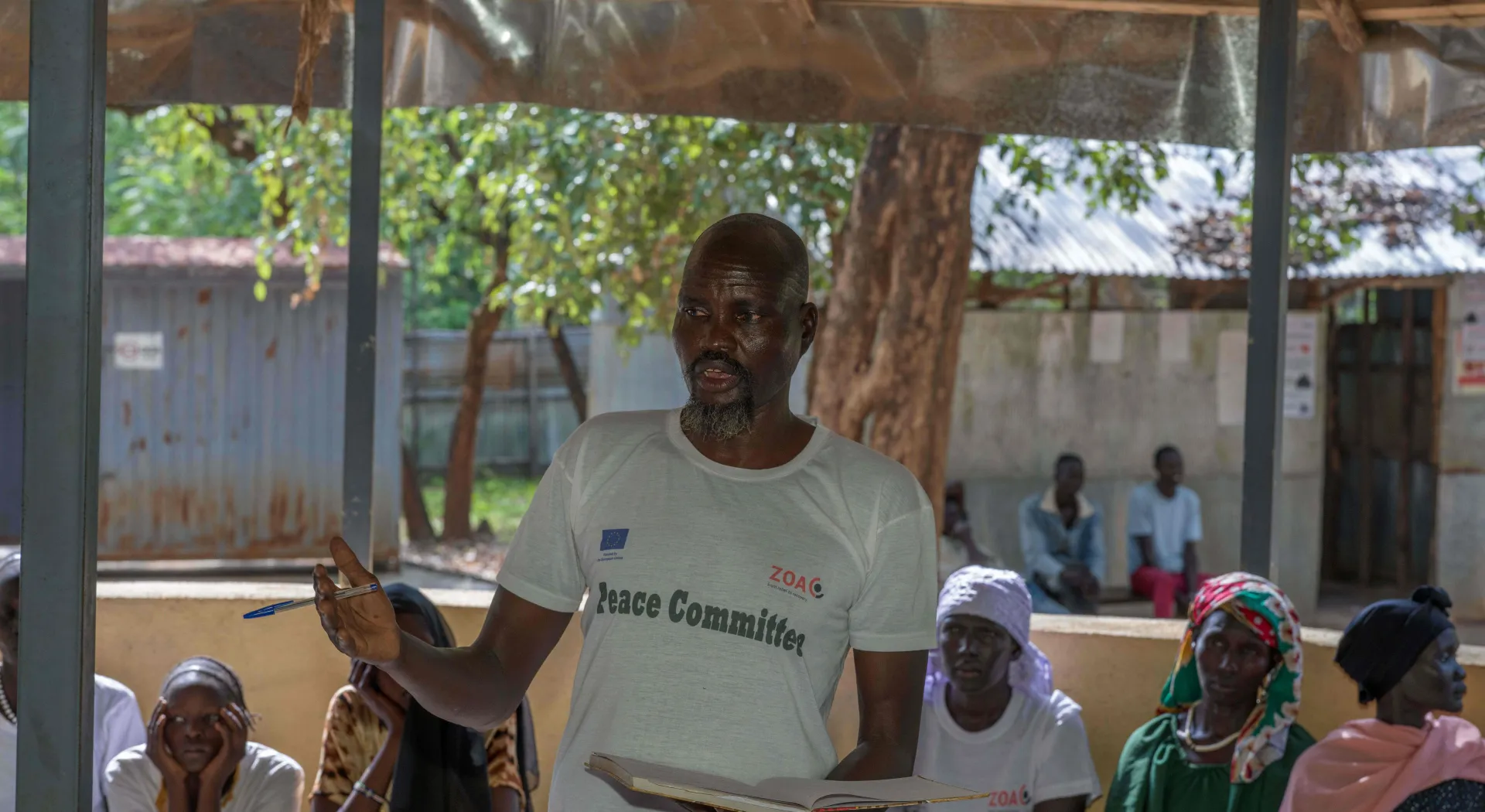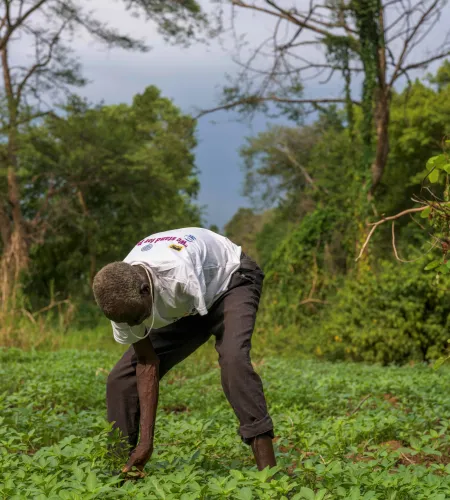The effects of the Peace Nexus approach
In October 2024, ZOA conducted an Outcome Harvesting exercise to document the results of the project intervention and assess the extent of its impact. This method focuses on identifying tangible behavioural changes among project participants, other stakeholders, and the broader community. The findings have been summarized in a Best Practice Paper, along with lessons learned to inform future Peace Nexus programming.




